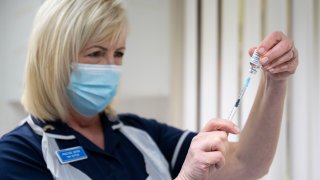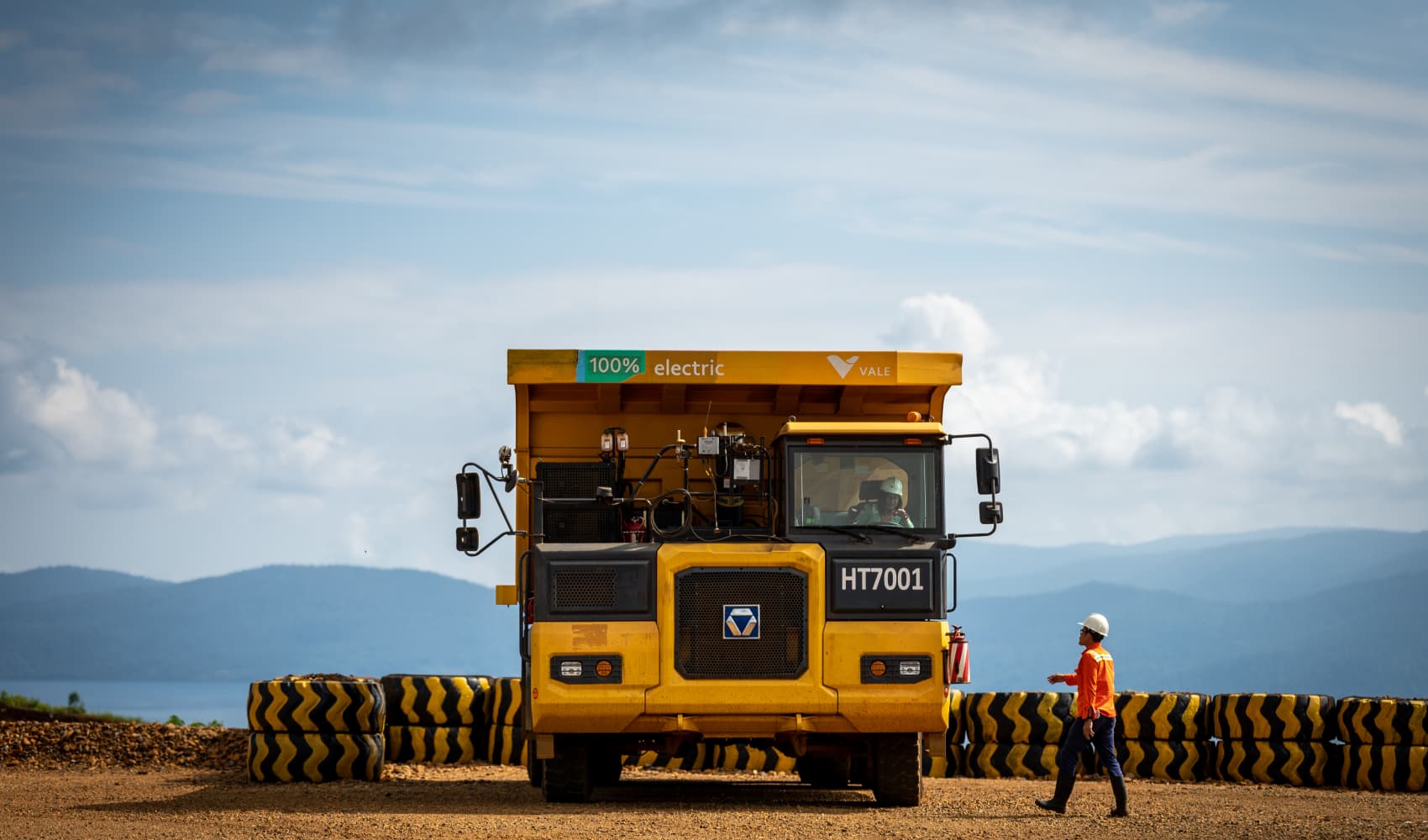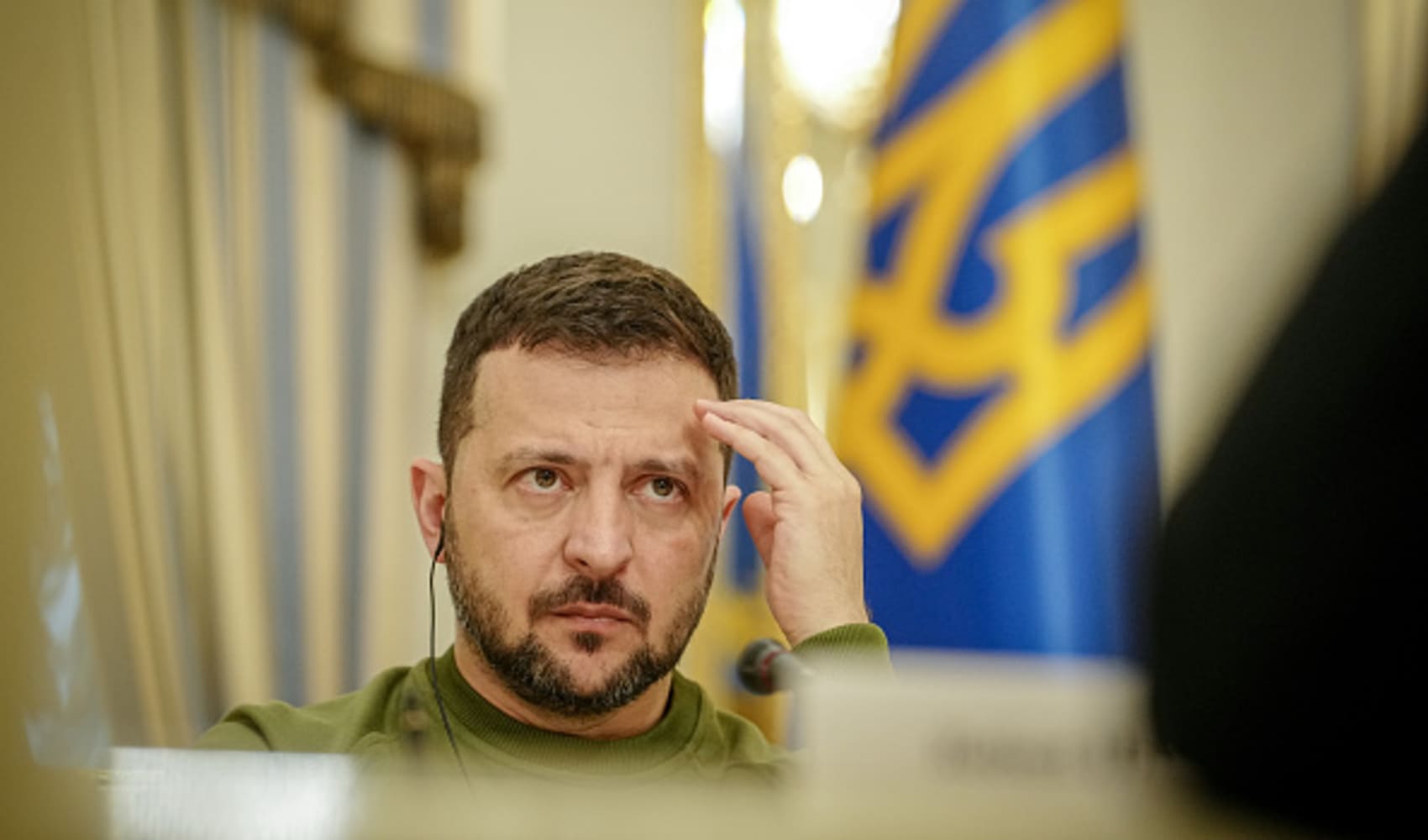
- It's risky for the U.K. to delay second doses of vaccines because efficacy data was based on a specific dosing schedule, said former FDA director Norman Baylor.
- "I understand some of the rationale to do this, but again, it's not really data driven," said Baylor. "It's a very risky venture because if it fails, you're in worse shape."
- The U.K.'s decision was reluctantly and conditionally endorsed by health advisors in the country.
It's "very risky" to delay the second dose of Covid-19 vaccines because efficacy data was based on a specific dosing schedule, a former FDA director told CNBC on Thursday.
His comments came after the U.K.'s decision to administer second shots of the coronavirus vaccine 12 weeks after the first dose, in departure from what is recommended by the vaccine producers. Germany is reportedly considering a similar move, while Denmark approved a six-week gap between doses.
The vaccines approved for use in the U.K. both require two doses.
American pharmaceutical company Pfizer and German biotechnology firm BioNTech recommended that the second dose of their vaccine should be given 21 days after the first. British-Swedish pharmaceutical company AstraZeneca said the vaccine it co-developed with Oxford requires two doses that should be administered one month apart. The U.K. initially said it would follow that schedule.
Any decision to alter dosing schedules should be based on data, said Norman Baylor, a former director at the U.S. Food and Drug Administration's office of vaccines research and review.
Money Report
"It's very risky to try to extend [the gap between two doses] or give one dose in the absence of data," he told CNBC's "Street Signs Asia" on Thursday.
"I understand some of the rationale to do this, but again, it's not really data driven," said Baylor, who is also president and chief executive officer of Biologics Consulting. "It's a very risky venture because if it fails, you're in worse shape."
The U.K.'s controversial decision came as the country continues to grapple with a new strain of the coronavirus that spreads more quickly, though there is no evidence that it is more severe or deadly. Some 62,322 cases were reported on Wednesday, and more than 2.8 million people have tested positive for the virus so far, according to government data.
Delaying the second dose of the vaccine means that more people can receive their first dose, but Baylor said it would be ideal to follow the dosing regime from the vaccine efficacy studies.
"If you don't have the data, you do take a risk there," he said. "That's the key point, the risk that you take."
Vaccine makers weigh in
Health advisors in the U.K. reluctantly endorsed the government's decision, but said other measures need to be put in place, including restricting movement in and out of Britain.
Pfizer and BioNTech warned there's no evidence their vaccine will provide protection against Covid-19 if a second dose is given more than 21 days after the first shot.
AstraZeneca, however, said there is preliminary evidence suggesting that an extended gap between doses would not affect the efficacy of its vaccine.
The U.S. FDA said that without appropriate data, such changes in vaccine delivery run a "significant risk of placing public health" in danger and "undermining" vaccination efforts.
"Until vaccine manufacturers have data and science supporting a change, we continue to strongly recommend that health care providers follow the FDA-authorized dosing schedule for each Covid-19 vaccine," the statement said.
— CNBC's Holly Ellyatt and Sam Meredith contributed to this report






